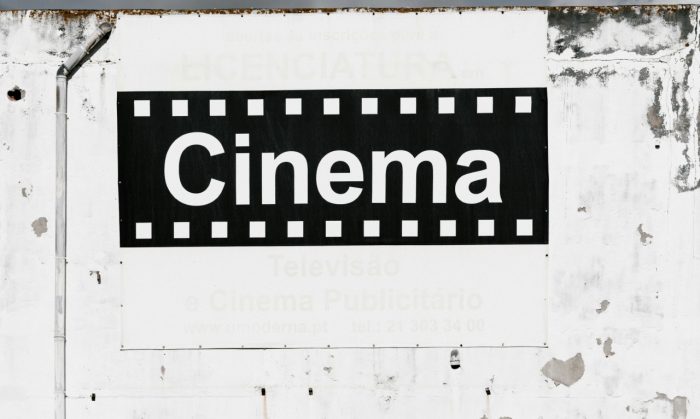A Power BI expert is known for turning complex data into clear insights. To go beyond the definition, we spoke with Andra Petrescu, our Power BI Specialist, to explore the details of her role. This interview is part of our series on Data Intelligence professionals – the team that transforms numbers into meaningful insights.
Hello, Andra! You are a data analyst and power BI specialist. How would you explain what you do to someone unfamiliar with this field?
I believe in concise explanations that bring the interlocutor closer and create a communication bridge. So, in short, I do data visualization, that is, I take a package of information – in formats that are not necessarily reader-friendly – and give it a visual and narrative form so that it becomes accessible to anyone who needs it. For example, if you have a smart watch you most likely track a few metrics (quality of sleep, daily movement, pulse rate, etc.), which you visualize in a graphical format in the watch app. If you could export all this data and send it to me, I could rearrange it into a myriad of options to help you make lifestyle decisions.
What do you like about this job and what challenges does it present?
Certainly the challenge that excites me the most is to give the reader of the reports the opportunity to find as much meaning as possible in the graphics I have developed. I believe that the first layer of interpretation is provided by me as the producer of the visuals, but that it is only fair that the narrative I create leaves room for the reader to enrich the derived meanings according to their own professional experience and perspective.
How do you see the impact of data and technology in everyday life? Should we talk more about them and why?
Technological advances in recent years have made it easier to collect, store and interpret data. This has given us new tools that make our lives easier, we have faster access to the information generated by data and can make more informed personal or business decisions faster. But it has also provided new mechanisms to influence public opinion and generate consensus in the population. Therefore, I think it is important to be as aware as possible of these mechanisms, to use them in our personal/professional lives when they are useful, and to recognize them in the wider contexts that influence us at every step.
Who are you when you’re not working with data? Data visualization and storytelling tools – is there a connection between these skills and your passion for film?
Before I started my new career in data visualization, I worked for more than 10 years in the film industry as a journalist, film critic, cultural manager, research and teaching. When you work in a profession for a few years, no matter how big the change, you bring with you a specific set of skills that can add value in your new profession – analytical thinking, attention to detail, maturity, and a fresh perspective precisely because you’ve trained in a different profession. That said, in my spare time I prefer to start my mornings early with a book and a coffee.
How would you inspire a young person to pursue a career in this field?
I think it’s good to analyze personal interests, the skills they feel they have or want to develop, and choose first of all according to these. Then talk to professionals working in the field and find out whether their expectations match the reality on the ground. Spending a few years honing your skills in a field will certainly help you perform, but it will also give you the discipline and confidence to reinvent yourself at any time. It’s advice I’d give to anyone who isn’t already sure about the profession they want.
Please give us an example of a project where you were proud of your contribution or simply enjoyed being involved.
I’ve enjoyed and am proud of all the projects I’ve worked on – from monitoring social media performance, to online mentions of brands, to tailoring them for specific needs. Each has brought me new opportunities to develop my technical and communication skills.
Would you like to do a piece on one of your favorite topics or projects?
I would like to further explore the relationship between interpretation, visual form and the narratives that result from visualizing data. What is the objectivity or contribution of the data visualization specialist? How much room for interpretation is left to the recipient of the reports and how can this freedom be constructed in the right terms?
Thank you and best of luck, Andra!
Photos @Unsplash and personal archive
 All Publicis Groupe Romania proprietary data tools in one place.
All Publicis Groupe Romania proprietary data tools in one place.Discover the power of our tools and feel free to get in touch.










